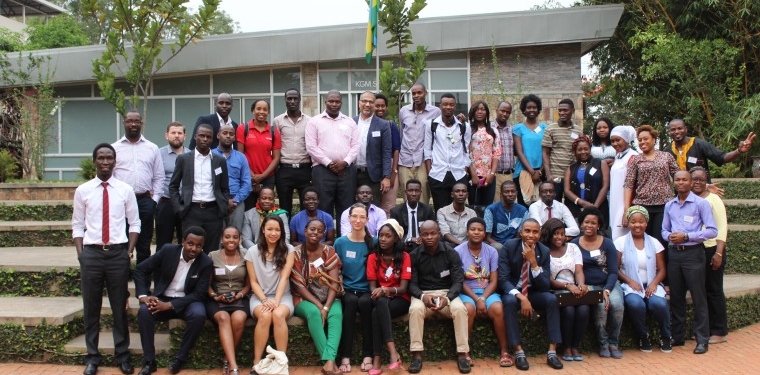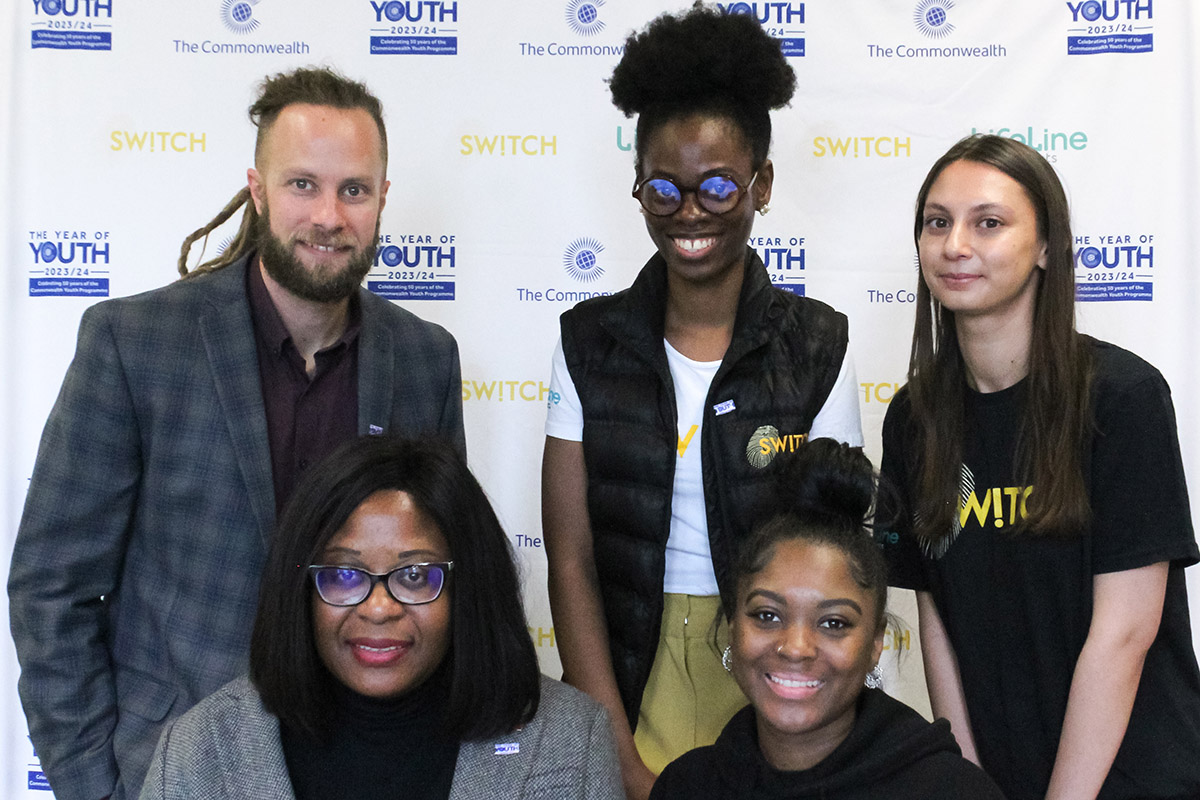Advocating for Inclusion: Building a Diverse and Equitable Future
February 23Katerina Panagi
In our rapidly changing global landscape, the advocacy for inclusion has transformed from a mere concept to a critical necessity for building a just and progressive society.
The essence of inclusion extends beyond acknowledging differences; it demands actively promoting and embracing diversity, ensuring that every individual, regardless of background, abilities, or characteristics, is granted equal opportunities and representation.
This expansive article aims to delve into the profound significance of advocating for inclusion, explore the diverse benefits it brings, analyse the persistent challenges, and offer comprehensive insights into how individuals and organizations can contribute to crafting a more inclusive world.
Understanding the Essence of Inclusion:
Inclusion extends beyond the mere acknowledgment of differences; it entails recognizing, respecting, and celebrating diversity. As acclaimed diversity and inclusion advocate Verna Myers aptly stated, “Diversity is being invited to the party; inclusion is being asked to dance.” Inclusion requires creating environments where individuals feel valued, heard, and empowered, regardless of their race, ethnicity, gender, sexual orientation, age, or abilities.
Benefits of Inclusion:
Advocating for inclusion is not just a moral imperative; it yields numerous social and economic benefits. A study by Hunt, Layton, and Prince (2015) published in the Harvard Business Review emphasizes that diverse and inclusive environments foster creativity, innovation, and effective problem-solving. Moreover, inclusive workplaces tend to exhibit higher levels of employee morale and satisfaction, contributing to increased productivity and overall organizational success.
Challenges to Overcome:
While the advantages of inclusion are evident, deep-seated prejudices, systemic biases, and a lack of awareness persist as formidable challenges. However, addressing these hurdles requires collective efforts. Initiatives such as the Sustainable Development Goals (SDGs) by the United Nations (UN) underscore the importance of promoting inclusive societies on a global scale (United Nations).
Strategies for Advocacy:
Individuals and organizations play a pivotal role in advocating for inclusion. Education and awareness campaigns, workplace diversity and inclusion programs, and policy advocacy are key strategies. The creation of safe spaces and supportive communities, championed by organizations like the Human Rights Campaign (HRC), further contributes to fostering inclusion (Human Rights Campaign).
Community Engagement for Inclusion:
Community engagement plays a pivotal role in fostering inclusion at the grassroots level. Events, workshops, and initiatives that bring diverse community members together promote understanding and collaboration. Community organizations can actively work towards creating spaces where individuals feel comfortable expressing their unique identities and where collective efforts are channelled towards addressing local challenges.
Advocating for inclusion demands a sustained and collective effort. By understanding the profound significance of inclusion, acknowledging its tangible benefits, addressing persistent challenges, implementing inclusive practices, and actively participating in advocacy efforts, individuals and organizations can contribute to building a more inclusive and equitable society. In doing so, we pave the way for a future where diversity is not merely accepted but celebrated, and where everyone has an equal opportunity to thrive.
Bibliography:
Hunt, V., Layton, D., & Prince, S. (2015). Why Diversity Matters. Harvard Business Review. Retrieved from https://hbr.org/2015/12/why-diversity-matters
Human Rights Campaign. (n.d.). Workplace. Retrieved from https://www.hrc.org/resources/workplace
Myers, V. (2019). The Power of Privilege. TEDxBeaconStreet. Retrieved from https://www.ted.com/tedx
United Nations. (n.d.). Sustainable Development Goals. Retrieved from https://sdgs.un.org/goals






